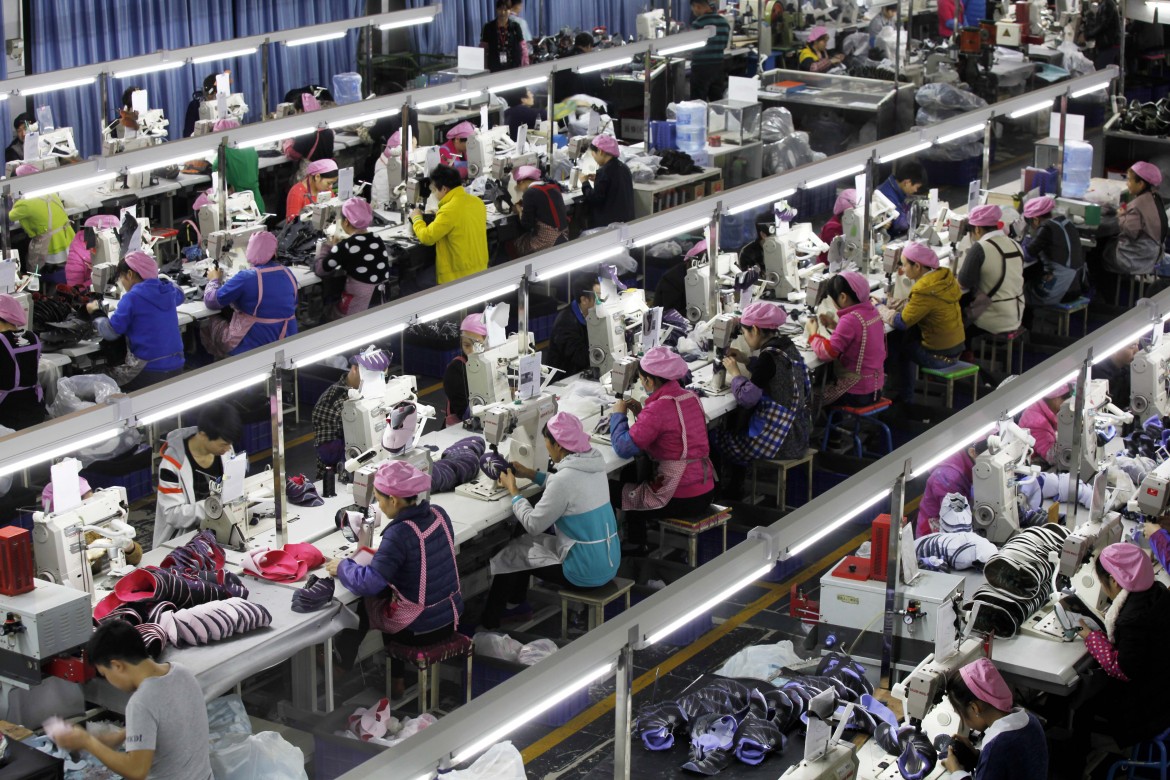Negotiations began Wednesday between the European Commission and member states about the possibility of recognizing China as a “market economy.” No decision was reached, but it was a first step in a long process, which will be followed very closely by the European Parliament and by the individual states.
Approval is far from assured, as the United States exerts pressure in the shadows for Europe to keep tariffs and duties on Chinese goods. Similarly, some European countries, especially Italy, underline the risks of such a concession, nervous for their steel and textile industries.
Beijing’s response is that if the European Union wants to demonstrate its independence from Washington, it should vote in favor of China. The Communist Party considers market economy status as a natural consequence of joining the World Trade Organization in 2001. It was decided then that after 15 years, China would see a change in its current status of non-market economy.
Today, there are inexorably different interpretations of this premise. According to China, market economy status would be automatic. According to the United States and many European countries, that’s not the case: China has a “strong mercantilist attraction” but isn’t totally subject to market rules.
China’s market economy status would have significant effects on the world economy. The status would bar other countries from imposing tariffs against China for trade practices, like dumping, deemed unfair. According to detractors, the policies of state control, subsidies and low labor costs keep China out of the market community.
Yesterday, Italian members of European Parliament convened to point out the devastating impact a revised status would have on the entire European economy, and in particular for strategic sectors in the Italian economy, including steel, mechanics, chemistry and ceramics. They cited independent studies that suggest a decrease of European Union GDP by 1 or 2 percent and job losses of up to 3.5 million. The president of the parliamentary socialists cautioned that “the automatic granting of market economy status to China would be premature.”
The Chinese for their part are depending primarily on the positive opinions of the United Kingdom and Germany (the former’s support is stronger than the latter’s). Newspapers in China wrote recently about the release of an internal report from the European Parliament, “One year to go: The debate over China’s market economy status heats up,” which analyzes the pros and cons of a possible market economy status. The study is a pretty balanced assessment. But it fails to point out, of course, that China isn’t the only country with state subsidies, a fact Beijing emphasizes at every opportunity.
–> Originally published in Italian at il manifesto on Jan. 13, 2015






